Global automakers are triggering emergency scenarios amid a potential shortage of automotive semiconductor chips, after the Dutch government took control of Nexperia and China blocked exports of the company’s finished products. Honda has cut production in North America, Volkswagen said its supplies could be affected by next week at the earliest, and the European Automobile Manufacturers Association warned that assembly lines could grind to a halt within days if no solution is found.
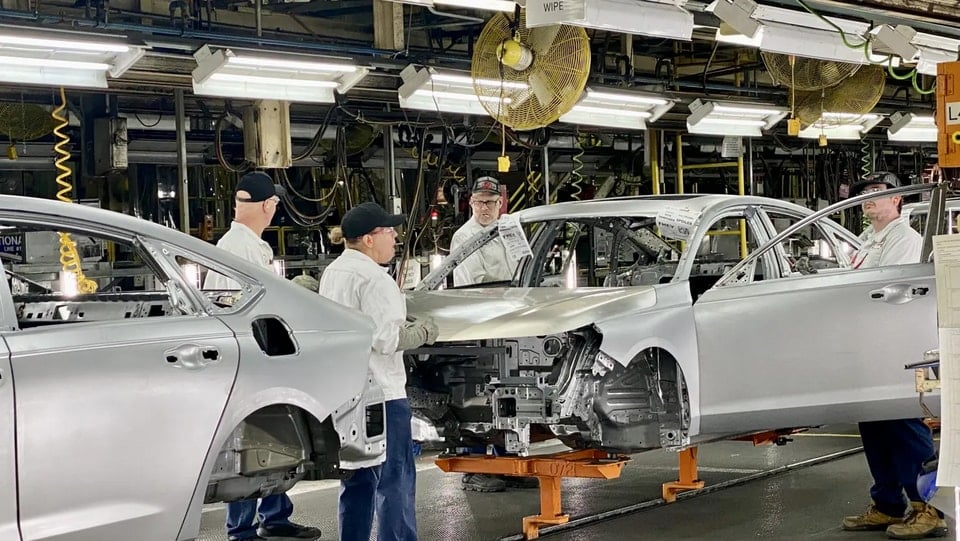
The disruptor: a key chip supplier
The move began late last month when the Dutch government took control of Nexperia, a high-volume semiconductor manufacturer serving the automotive, consumer electronics and other industries. The decision reportedly came after the United States raised security concerns, citing the risk that the company’s technology “would not be available in an emergency.” China then blocked exports of Nexperia’s finished products, alarming the European auto industry.
German automakers are particularly vulnerable due to their heavy reliance on domestic “Tier 1” suppliers and local manufacturing ecosystems like Nexperia, even though the majority of its production has moved to China. Nexperia said it is seeking exemptions from export restrictions and working to mitigate the impact, while Wingtech Technology, Nexperia’s Chinese owner, condemned the Dutch government’s actions and said it would use all legal avenues to defend its rights.
First shock wave: Honda reduces production, remaining companies open "strategy rooms"
Honda Motor was the first automaker this week to reduce production due to problems related to chips from Nexperia. The impact covers all major plants in North America, including major assembly and support facilities in the US, Canada and Mexico. The company described the situation as “uncertain” and said it was adjusting its production strategy to closely manage parts supplies and meet customer demand.
Volkswagen said new supplies could impact production as early as next week. Other major manufacturers said they are closely monitoring developments and looking for ways to minimize disruption. Stellantis has set up cross-functional “strategy rooms” to respond on a daily basis. Several companies told CNBC that these “strategy rooms” have become a regular activity since the Covid pandemic disrupted supply chains in 2020.
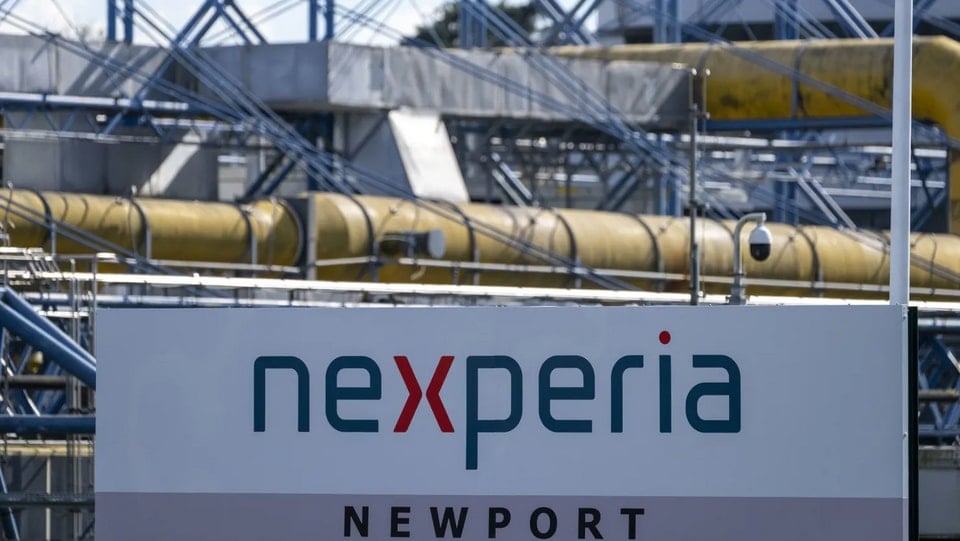
“Old” chips are the lifeblood of the car
MEMA, the largest auto supplier association in the US, notes that chips and diodes are the foundation for countless components, from infotainment systems to door handles, steering systems, and brakes. Missing a single diode or chip could halt an entire production line. According to S&P Global Mobility, the affected chips are older semiconductors that perform basic functions like windshield wipers and window controls—segments for which there are few alternatives.
The lesson from the 2021 chip shortage remains: companies have been “very good” at maximizing component purchases, but with mainstream semiconductors playing a vital role, replacement cannot happen overnight.
Leadership perspective: political rather than technical
Several automaker executives described the issue as an industry-wide issue and emphasized the political nature of the crisis. Stellantis CEO Antonio Filosa said the company is managing the issue day-by-day with specific actions to extend its operating life. Ford Motor CEO Jim Farley called it a “political issue” and said Ford is working with the U.S. and Chinese governments to find a way out, calling for a “quick turnaround” to avoid a fourth-quarter production loss for the industry.
General Motors CEO Mary Barra called it an “industry issue,” saying teams are working 24/7 with supply chain partners to minimize disruptions and will provide updates as needed as the situation is “very fluid.” In Europe, Mercedes-Benz CEO Ola Källenius said it was a politically driven situation, so the solution also lies in the political space – primarily between the US and China – with Europe caught in the middle.
Short-term pressure: warning of production shutdown for a few days
ACEA said carmakers are approaching a scenario of production shutdowns due to chip shortages, four years after a similar crisis during the pandemic. Director General Sigrid de Vries called on stakeholders to step up efforts to find a diplomatic solution to the urgent situation.
The industry hopes this week's meeting between President Donald Trump and Chinese President Xi Jinping in Asia could help cool the situation, but so far no concrete solutions have been announced.
Notable timeline
| Time | Event |
|---|---|
| Late last month | Dutch government takes control of Nexperia; China blocks exports of finished products |
| This week | Honda cuts North American production due to chips from Nexperia |
| October 30 | Volkswagen says new supplies could impact production as early as next week; Stellantis holds investor meeting, emphasizes day-to-day management |
| October 29 | Mercedes-Benz CEO speaks about the political nature of the issue during the quarterly earnings announcement |
Conclusion: The fragile linchpin of the auto supply chain
The crisis surrounding Nexperia has exposed bottlenecks in seemingly “normal” semiconductors that are the lifeblood of the automobile. From diodes to basic control chips, any broken link can bring the entire chain to a halt. While automakers set up “strategy rooms” and hunt for alternatives, the solution will likely depend on diplomatic developments and policy decisions. Until there are export exemptions or a deal to unwind, the global auto industry will have to operate on high alert, prioritizing maintaining uptime and minimizing disruption as much as possible.
Source: https://baonghean.vn/chip-experia-bi-siet-san-xuat-o-to-toan-cau-lao-dao-10309869.html












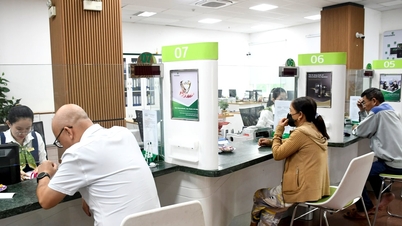














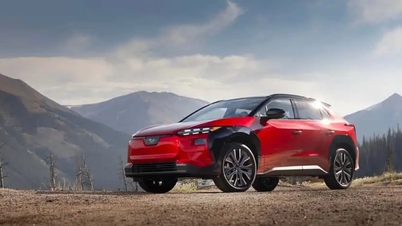
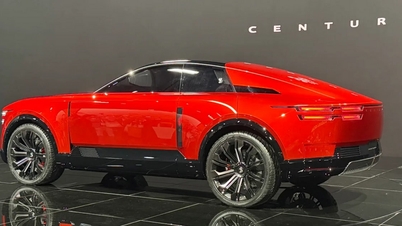
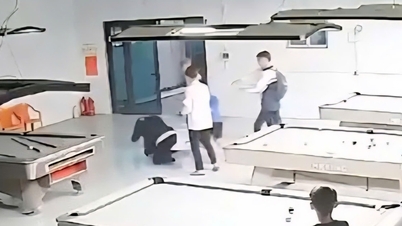









































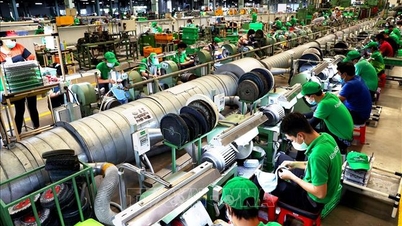











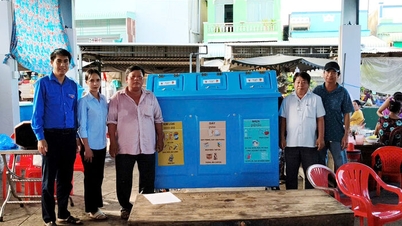























Comment (0)